Fundamento destacado: Excluding in vitro embryos from the definition of “minor child” is directly related to furthering that objective. See supra pp. 34-36; 65 (outlining the myriad ways treating in vitro embryos as minor children would upend the availability of IVF services in Alabama). Moreover, this classification is reasonable in that those treated differently under the classification are not similarly situated. Individuals whose embryos are in vitro are not similarly situated to individuals whose embryos are in utero and are therefore developing as part of an active pregnancy. See supra pp. 12-13 (explaining the creation and maintenance of in vitro embryos is but a single step in the progression towards pregnancy with no guarantee that a pregnancy will result).
“Classification is an inherent power of the Legislature but it must not be arbitrary or unreasonable.” Gaines v. Huntsville-Madison Cnty. Airport Auth., 581 So. 2d 444, 447 (Ala. 1991). Moreover, “[a] statutory discrimination between class is held to be relevant to a permissible legislative purpose if any state of facts reasonably may be conceived to justify it.” Id. (internal citations and quotations omitted). Ensuring the availability of fertility treatments to Alabamians is a legitimate objective. This treatment allows Alabamians who are infertile or facing cancer treatment a pathway to create future families which contributes to and strengthens our state in obvious and meaningful ways. The classification under the Wrongful Death of Minor Act is reasonably related to that purpose as it ensures the continued availability of this treatment, thereby bestowing the same benefit to society afforded to Plaintiffs, which outweighs any detriment now articulated by Plaintiffs.
Lea también: Diplomado Código Procesal Civil y litigación oral. Inicio 7 de febrero de 2024
Case No. SC-2022-0515
IN THE SUPREME COURT OF ALABAMA
STATEMENT REGARDING ORAL ARGUMENT
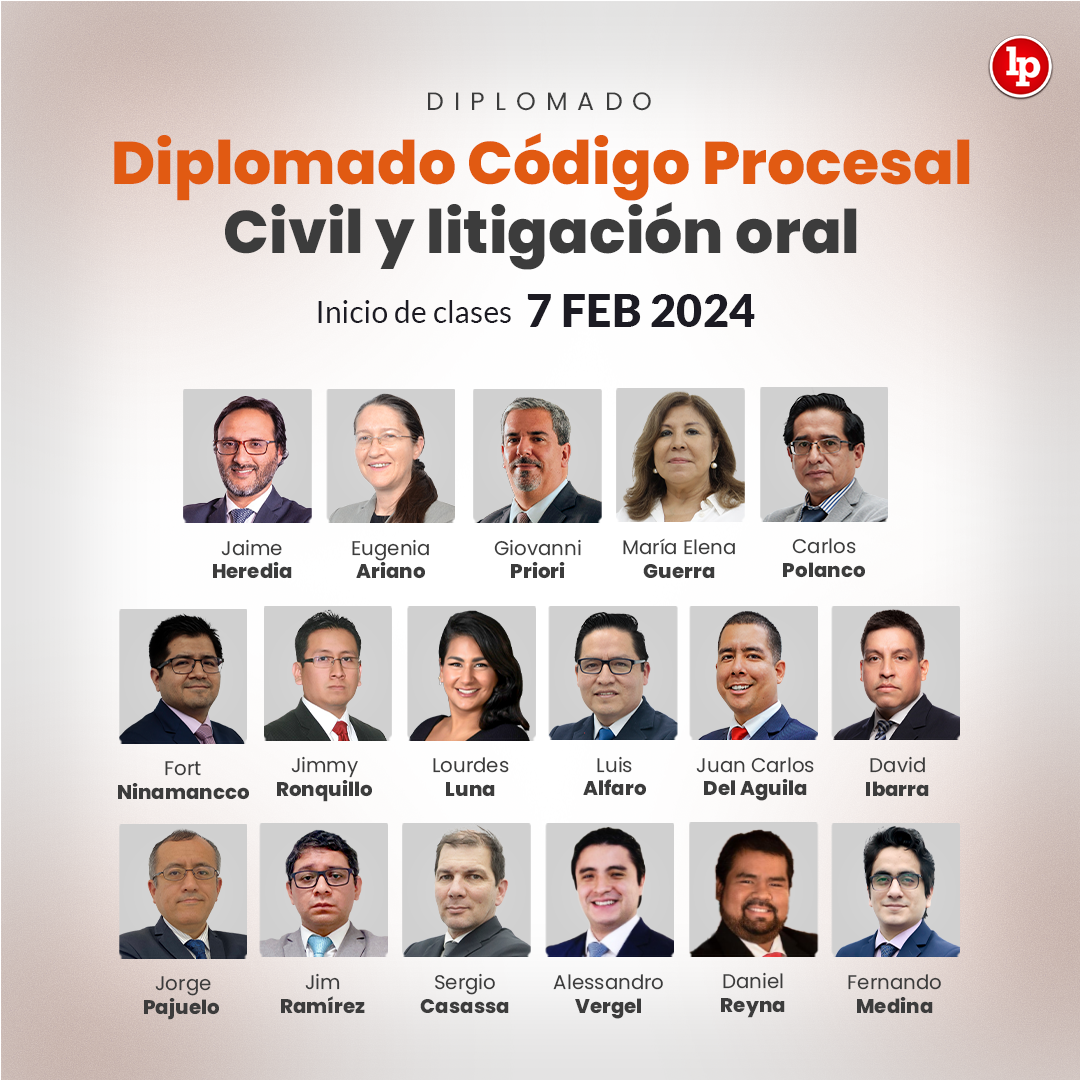
Respectfully, oral argument is not necessary, nor is it indicated in this case. The legal issues presented have already been decided. The trial court’s ruling followed, to the letter, the direct instructions from this Court to apply the Brody Act’s definition of who is a “person” in the context of a civil wrongful death action in order to “harmonize who is a person protected from homicide under both the Homicide Act and the Wrongful Death Act.”
Stinnett v. Kennedy, 232 So. 3d 202, 215 (Ala. 2016) (“…[I]n light of the shared purpose of the Wrongful Death Act and the Homicide Act to prevent homicide, the [Brody] amendment was an important pronouncement of public policy concerning who is a “person” protected from homicide. Thus, borrowing the definition of “person” from the criminal Homicide Act to inform as to who is protected under the civil Wrongful Death Act [makes] sense…. to harmonize who is a “person” protected from homicide under both the Homicide Act and Wrongful Death Act.”) The trial court’s holding here is in complete accord.
It applies the Legislature’s definition of “person” so that it is consistent and harmonized between the Homicide Act and the Wrongful Death Act to include unborn children “in utero” as instructed. There has been no pronouncement by the Legislature expanding this definition to include “in vitro” embryos. As the trial court recognized, any change in this law needs to come from our Legislature. Respectfully, this Court frequently rules without requiring oral argument in such a case. In fact, this Court frequently affirms without opinion in such a case involving definitive and clear precedent – both statutory and case law – which a trial court has followed unswervingly.
It is clear from Plaintiffs’ filings they seek to deflect attention away from the above-cited law and instead pressure this Court into legislating. Their Brief repeatedly emphasizes various politicians’ public statements regarding abortion and attempts to blur this case with recent law applying to active pregnancies and abortion rights.
Oral argument would no doubt be another forum through which they could attempt to confuse the issues and the public, casting this case as something it is not in an effort to tap into the political upheaval and pressure surrounding the abortion issue.
As the trial court stated in its dismissal Order, “This Court is not tasked with the responsibility to determine when life begins, as has been suggested by some. This Court’s function is to follow existing Alabama law which has been created by the legislature and follow law which has been previously interpreted by the appellate courts of this state.” (C. 351) Respectfully, when a trial court does exactly that, affirmance is indicated. It is up to the Legislature to amend the Brody Act if it wishes to extend the definition of “person” to include in vitro, cryopreserved, pre-implantation embryos. Oral argument before this Court is not the proper forum to promote such legislative change.
Continúa…]

![Juez supremo que intervino como magistrado en la resolución de incidencias (pedido de prisión preventiva y cese) no quebranta la garantía de ser juzgado por un juez imparcial, dado que no emitió un pronunciamiento sobre la responsabilidad penal [Apelación 266-2023, Corte Suprema, f. j. 30]](https://img.lpderecho.pe/wp-content/uploads/2025/07/JUEZ-BALANZA-MAZO-CUADERNO-LPDERECHO-218x150.jpg)
![Tráfico de influencias: No tiene como componente típico «el acuerdo entre las partes», sino la «invocación de influencias y el ofrecimiento de interceder» [Apelación 266-2023, Corte Suprema, f. j. 9]](https://img.lpderecho.pe/wp-content/uploads/2025/07/JUEZA-MAZO-LPDERECHO-218x150.jpg)

![Las comisiones investigadoras deben respetar el derecho a la comunicación previa y detallada de la acusación para solicitar el levantamiento del secreto bancario, además, motivar la necesidad, indispensabilidad y pertinencia para dicho levantamiento [Exp. 00156-2012-HC/TC, f. j. 74]](https://img.lpderecho.pe/wp-content/uploads/2023/01/Logo-LP-con-fondo-guinda-LPDERECHO-218x150.png)
![Diferencia entre «caducidad por cumplimiento del plazo de prisión preventiva» y «cese por revocatoria»: En la primera, para que opere, es indispensable que se encuentre en ejecución hasta su agotamiento; en el segundo, se requiere el aporte ineludible de nuevos elementos materiales [Apelación 150-2024, Corte Suprema f. j. 11]](https://img.lpderecho.pe/wp-content/uploads/2024/04/mazo-abogado-juez-civil-corte-sentencia-juicio-LPDerecho-218x150.jpg)
![Ley Orgánica del Registro Nacional de Identificación y Estado Civil (Ley 26497) [actualizada 2025]](https://img.lpderecho.pe/wp-content/uploads/2025/05/Ley-organica-del-registro-nacional-de-identificacion-y-estado-civil1-LPDERECHO-218x150.jpg)










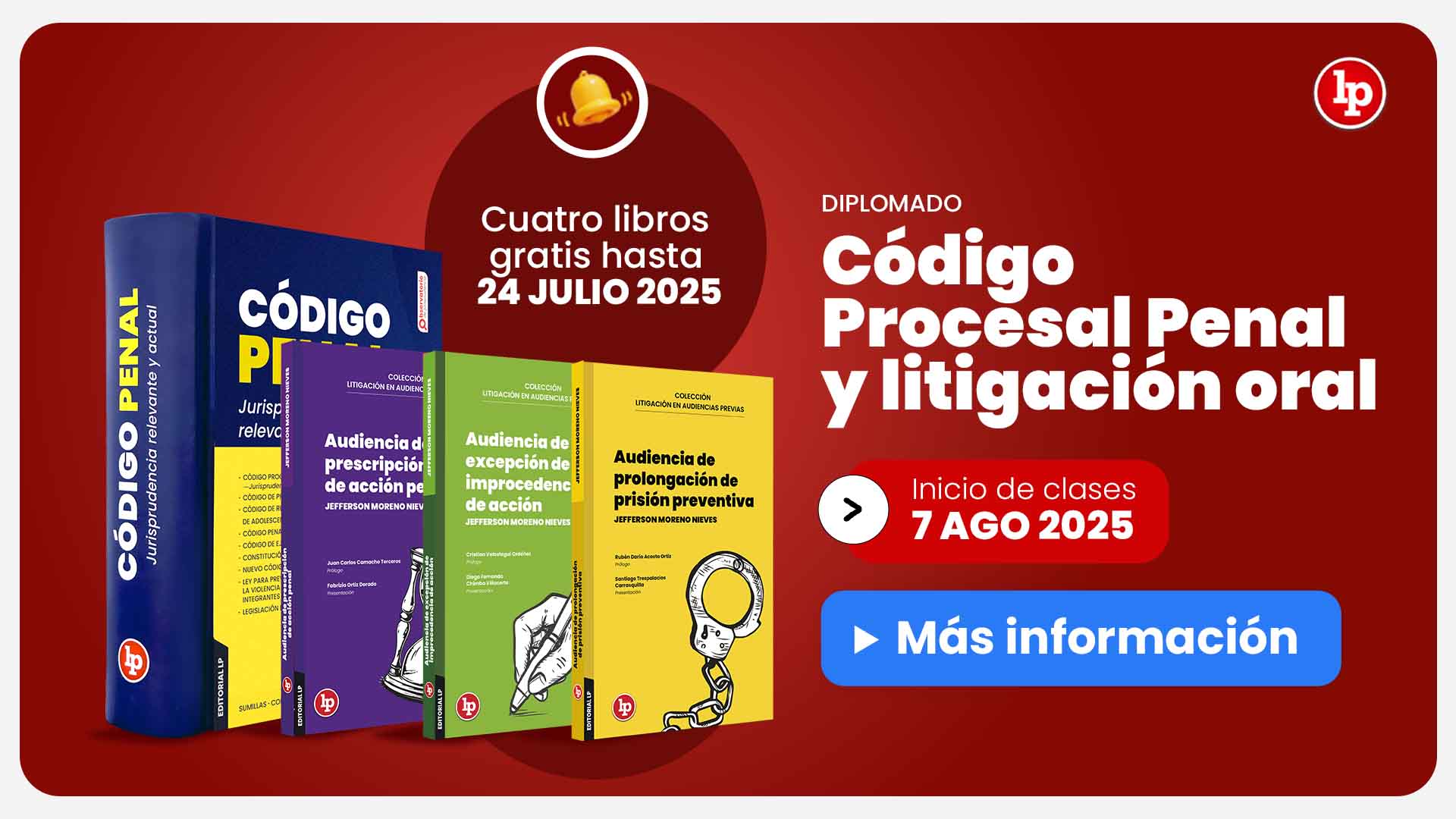
![Sociedad conyugal: ¿qué son bienes propios y bienes sociales?, ¿cómo distinguirlos? [ACTUALIZADO 2025]](https://img.lpderecho.pe/wp-content/uploads/2021/04/banner-sociedad-conyugal-que-son-bienes-propios-y-bienes-sociales-LPDerecho-218x150.jpg)
![¿Quién es el hijo alimentista? [ACTUALIZADO 2025] El hijo alimentista en el Código Civil peruano](https://img.lpderecho.pe/wp-content/uploads/2021/05/El-hijo-alimentista-en-el-Codigo-Civil-peruano-LP-218x150.png)
![¿Cuáles son las clases de testamento según el Código Civil? [ACTUALIZADO 2025] Clases de testamentos en el Código Civil](https://img.lpderecho.pe/wp-content/uploads/2021/04/Clases-de-testamentos-en-el-Codigo-Civil-LP-218x150.png)


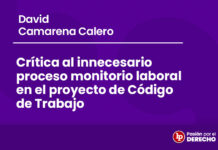

![Sunafil puede sancionar la desnaturalización de contratos incluso si ya terminó el vínculo laboral [Resolución 0484-2025-Sunafil/TFL-Primera Sala]](https://img.lpderecho.pe/wp-content/uploads/2024/03/sunafil-fachada-LPDerecho-218x150.jpg)


![Martín Vizcarra: TC declara infundada demanda de amparo contra su inhabilitación política [Expediente 01716-2024-PA/TC]](https://img.lpderecho.pe/wp-content/uploads/2025/06/VIZCARRA-TC-LPDERECHO-218x150.jpg)
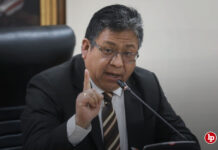


![Reglamento de la Ley 30364 (Decreto Supremo 009-2016-MIMP) [actualizado 2025]](https://img.lpderecho.pe/wp-content/uploads/2024/07/Reglamento-de-la-Ley-30364-LPDERECHO-218x150.jpg)

![Código Procesal Penal peruano [actualizado 2025]](https://img.lpderecho.pe/wp-content/uploads/2024/02/VENTA-CODIGO-PENAL-BANNER-POST-TAPA-DURA-LPDERECHO-218x150.jpg)
![Reglamento sobre encuestas electorales durante los procesos electorales [Resolución 0107-2025-JNE]](https://img.lpderecho.pe/wp-content/uploads/2025/05/REGLAMENTO-ENCUESTAS-ELECTORALES-LPDERECHO-1-218x150.jpg)
![Diseño de la cédula de sufragio para la Consulta Popular de Revocatoria del Mandato de Autoridades Municipales 2025 [Resolución Jefatural 000031-2025-JN/ONPE]](https://img.lpderecho.pe/wp-content/uploads/2025/05/DISENO-CELULA-SUFRAGIO-REVOCATORIA-LPDERECHO-218x150.jpg)





![[VIDEO] Juez propone que todos los delitos se tramiten en unidades de flagrancia, sin excepción](https://img.lpderecho.pe/wp-content/uploads/2025/05/DELITOS-PLANTEA-TABOA-LPDERECHO-218x150.jpg)
![[VIDEO] Hay jueces que rechazan cautelares porque «el caso es complejo», advierte Giovanni Priori en LP](https://img.lpderecho.pe/wp-content/uploads/2025/05/JUECES-RECHAZAN-CAUTELARES-GIOVANNI-LPDERECHO-218x150.jpg)
![[VIDEO] Pedro Castillo podría buscar asilo político si enfrenta el juicio en libertad, advierten Benji Espinoza y Elio Riera](https://img.lpderecho.pe/wp-content/uploads/2025/05/PEDRO-CASTILLO-ASILO-ABOGADOS-LPDERECHO-218x150.jpg)



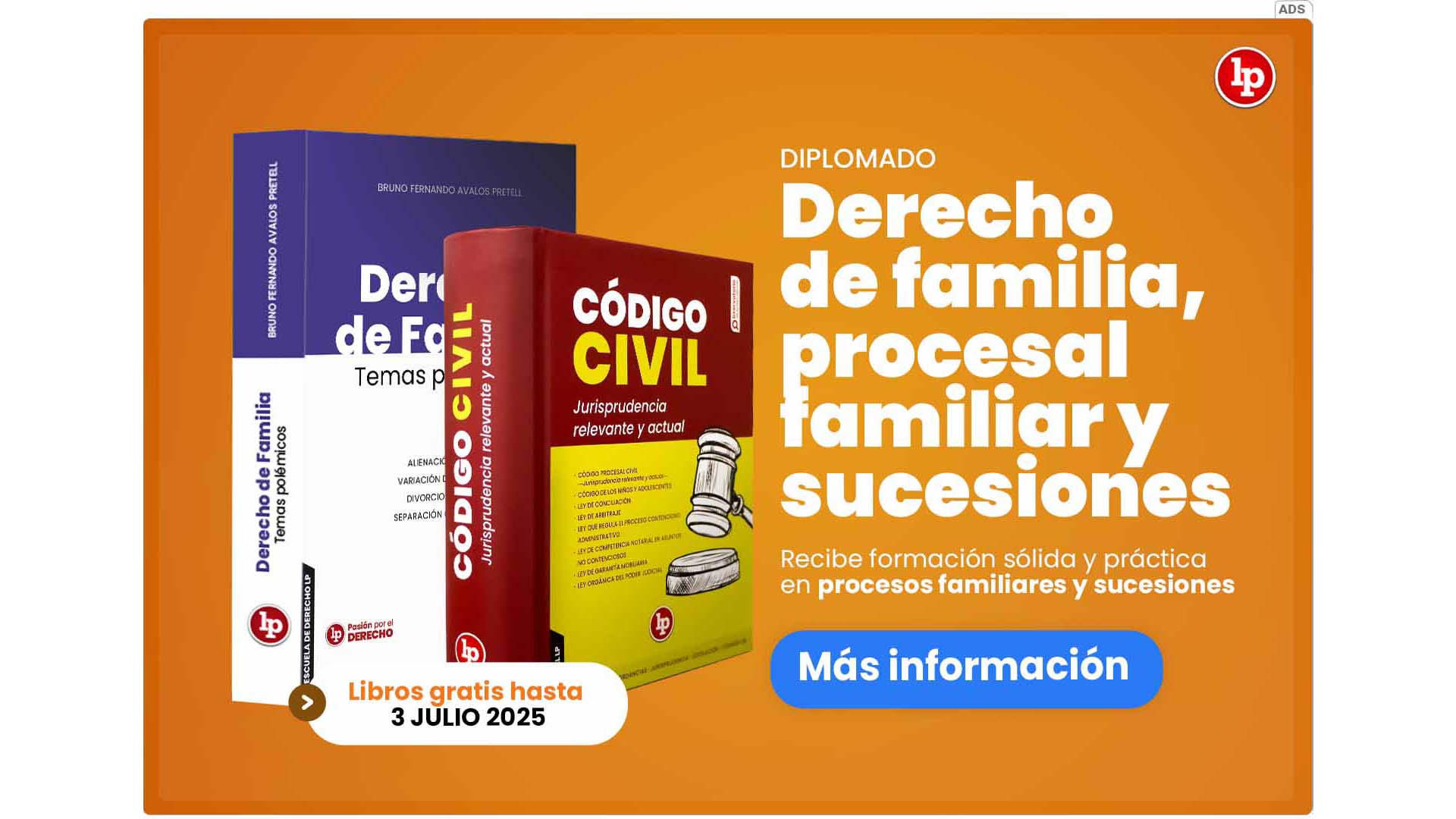

![Patrimonio familiar: ¿cómo proteger mi vivienda de un embargo? [ACTUALIZADO 2025]](https://img.lpderecho.pe/wp-content/uploads/2020/12/El-patrimonio-familiar-en-el-Codigo-Civil-peruano-LP-218x150.jpg)

![Código Penal peruano [actualizado 2025]](https://img.lpderecho.pe/wp-content/uploads/2024/05/VENTA-CODIGO-PENAL-LPDERECHO-100x70.jpg)
![Destituyen a juez de paz que emitió un acta de constatación de posesión de un terreno a favor de su cuñada [Investigación Definitiva 10-2023-Sullana]](https://img.lpderecho.pe/wp-content/uploads/2024/11/Portada-web-juez-resolucion-ocultar-100x70.jpg)
![Código Procesal Penal peruano [actualizado 2025]](https://img.lpderecho.pe/wp-content/uploads/2024/02/VENTA-CODIGO-PENAL-BANNER-POST-TAPA-DURA-LPDERECHO-100x70.jpg)
![Destituyen a jueza de paz por resolver un proceso de tenencia de menores e intervenir en transferencias de propiedad y posesión [Investigación Definitiva 153-2021-Cusco]](https://img.lpderecho.pe/wp-content/uploads/2024/12/Portada-web-jueza-prueba-grafotecnica-lp-derecho-100x70.jpg)

![Sociedad conyugal: ¿qué son bienes propios y bienes sociales?, ¿cómo distinguirlos? [ACTUALIZADO 2025]](https://img.lpderecho.pe/wp-content/uploads/2021/04/banner-sociedad-conyugal-que-son-bienes-propios-y-bienes-sociales-LPDerecho-100x70.jpg)

![¿Quién es el hijo alimentista? [ACTUALIZADO 2025] El hijo alimentista en el Código Civil peruano](https://img.lpderecho.pe/wp-content/uploads/2021/05/El-hijo-alimentista-en-el-Codigo-Civil-peruano-LP-100x70.png)
![¿Cuáles son las clases de testamento según el Código Civil? [ACTUALIZADO 2025] Clases de testamentos en el Código Civil](https://img.lpderecho.pe/wp-content/uploads/2021/04/Clases-de-testamentos-en-el-Codigo-Civil-LP-100x70.png)






